There are a number of misconceptions about estate planning. For instance, many people think you need to be ultra-wealthy to create one, or that they’re only relevant to parents with young kids and senior citizens. Many people also think they can put off estate planning if they're young and healthy. However, this type of thinking can put your family at risk.
In reality, an estate plan covers a variety of different scenarios, and not just the passing of large amounts of wealth. An estate plan can help protect you if you get in a car accident and need medical care while unconscious, or keep your finances private if that same car accident kills you.
What is an Estate Plan?
An estate plan can vary by person, but in general, it includes:
- A will
- Trust(s)
- Durable power of attorney
- Healthcare directive
- Beneficiary designations
- Guardianship designations
We’ll go into these in a bit more detail. However, it’s important to create an estate plan that’s supervised by an estate planning attorney who understands the laws in your state and common pitfalls and loopholes.
A will is a legal guide for what you want to happen to your possessions when you die. One of the most important parts of a will is who you name as executor. This person becomes responsible for carrying out the wishes outlined in your will. If you don’t name an executor, this person is selected by a judge — it’s usually your closest living relative.
When you die, your will goes through probate, which is a public process involving a court. Having a valid will makes this process easier, but you still go through probate. And probate is public, which means any information that goes through this process becomes part of the public record. Many people don’t want details of their estate made public. Probate also has legal costs that are paid out of the estate.
Trusts do not go through the probate process, so they can be a good way to efficiently pass assets on to beneficiaries, quickly, privately, and at a lower cost. There are various types of trusts (revocable and irrevocable) for different purposes (legacy, charitable giving, special needs, and so on). Revocable living trusts are the most commonly used type of trusts in estate planning, and they’re what you will have in your estate plan if you work with Escient Financial and Helios Integrated Planning to create your estate plan.
When you create a trust, you are the trustor. You also name a trustee (the person who will control your trust), as well as beneficiaries who receive the assets within it.
A power of attorney for financial purposes gives someone (the agent) the right to act on your behalf when it comes to financial matters. A durable power of attorney lasts after you’re incapacitated. Essentially, if you are hit by a car and unconscious, this is the person who makes sure your mortgage gets paid.
Oftentimes, the executor, trustee, and the financial power of attorney are the same person simply because things go more smoothly when these three roles work well together. However, they do not need to be the same person.
Medical powers of attorney are often granted as part of a broader healthcare directive (sometimes called an advanced medical directive), which details your wishes in case you're incapacitated. You can tell your agent what you’d like them to do. The rules and forms for these directives vary by state.
Your estate plan also needs to detail who gets what. Things like retirement accounts and life insurance policies don’t go through probate, and instead, pass directly to the named beneficiaries of those accounts or policies. That means you need to name who you want to be the beneficiary on those accounts and policies. If you have a trust, it’s possible to name a trust as the beneficiary for these.
Finally, if you have kids, your estate plan needs to detail who you want to be their legal guardian if anything should happen to you. You’re not legally required to notify this person (they don’t need to agree to it), but most people have this conversation ahead of time to ensure whomever they name as guardian is comfortable taking on that role should the need arise.
How Do I Get an Estate Plan?
For most people, estate planning isn’t fun. It requires you to think about, in great detail, a lot of worst-case scenarios that we’d prefer not to think about. However, planning ahead ensures that if any of those worst-cases were to occur, your family would be taken care of and that your wishes are carried out. Creating an estate plan ensures you make the important decisions instead of a probate judge or someone you don't want making those decisions for you.
Although estate planning is a difficult topic, it's important to realize the good you're doing by having an established estate plan. By creating an estate plan, you're saving your family from having to make hard decisions during moments of grief. Escient Financial can help guide you through the process to make it easier for you, working alongside your estate attorney to make sure you have all the parts of your estate plan covered. All you have to do is...
Sources: AARP
This content is developed from sources believed to be providing accurate information. The information in this material is not intended as investment, tax, or legal advice. It may not be used for the purpose of avoiding any federal tax penalties. Please consult legal or tax professionals for specific information regarding your individual situation. The opinions expressed and material provided are for general information, and should not be considered a solicitation for the purchase or sale of any security. Digital assets and cryptocurrencies are highly volatile and could present an increased risk to an investors portfolio. The future of digital assets and cryptocurrencies is uncertain and highly speculative and should be considered only by investors willing and able to take on the risk and potentially endure substantial loss. Nothing in this content is to be considered advice to purchase or invest in digital assets or cryptocurrencies.
Enjoying Escient Financial’s Insights?
The weekly newsletter is usually delivered to your email inbox Friday or Saturday, and includes:
- the latest Escient Financial Insights articles
- a brief of the week's important news regarding the markets
- recommended third-party reads
- selected Picture of the Week
Escient Financial does NOT sell subscriber information. Your name, email address, and phone number will be kept private.
















